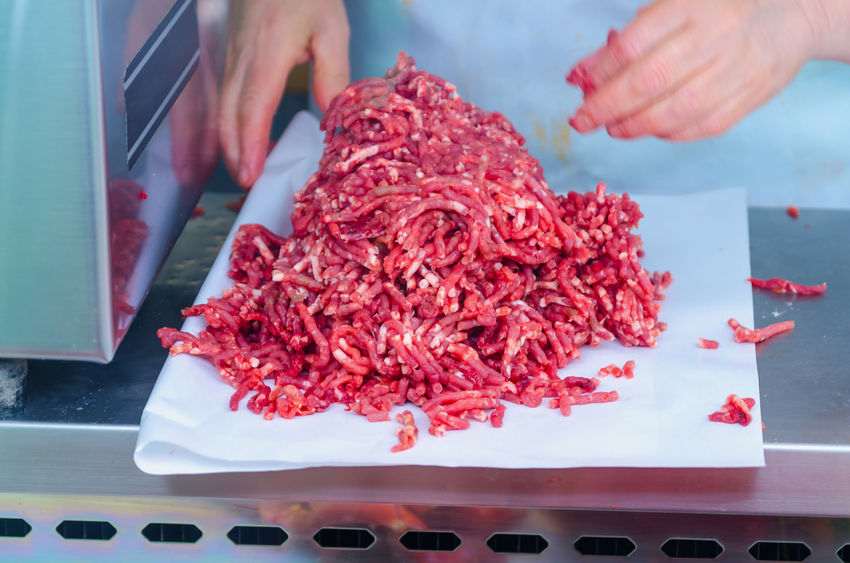
Any move to force producers to provide information on the origin of ingredients in food will require the use of technology to help consumers, new research shows.
Following the supermarket horsemeat scandal and the recent mass egg recall, shoppers continue to question the origin of their food purchases.
A small number of products in the European Union currently require mandatory country of origin labelling (COOL) information by law, such as for wine, eggs, beef and fruit and vegetables.
For beef, this labelling must also differentiate between place of birth and where it is reared and slaughtered.
Many consumers say they like such information and research has found that UK shoppers are willing to pay more for meat with a UK COOL label, especially since the horse meat scandal of 2013.
However, there is often confusion about what the information refers to – such as meat products that don’t specify where the animal was raised as opposed to where it was slaughtered.
Bacon, for example, can be cured in the UK but come from Danish pigs and be presented as from the UK, or vice versa and both would be legal.
Mandatory requirement
The EU is now in discussions to require COOL information as a mandatory requirement for almost all foodstuffs.
This could have potentially huge ramifications for both producers and consumers, particularly in how best to present this information in a usable, trustworthy manner.
In a new paper published in EuroChoices, University of Kent Professor Iain Fraser said technologies such as blockchain and SmartLabels are among the ways in which consumers could receive information on packaging detailing the location from which an item has come.
The use of these technologies in this way already exists in a few examples, such as within Australia, or Switzerland, but have the potential to become more widespread if required, or consumers demand, more information on the origins of food products.
The paper adds that it may become the case that consumers can use a smartphone app to scan food in store, or set their preferences when shopping online, to seek out food with specific COOL data so that they can make the access to this data as useful as possible to their own needs.
Last year, a pilot scheme aiming to improve food transparency saw consumers scanning bacon to find out exactly where it came from.
The Soil Association partnered up with British tech start-up Provenance to enable shoppers to trace their food from supplier to shelf with a simple phone scan.
